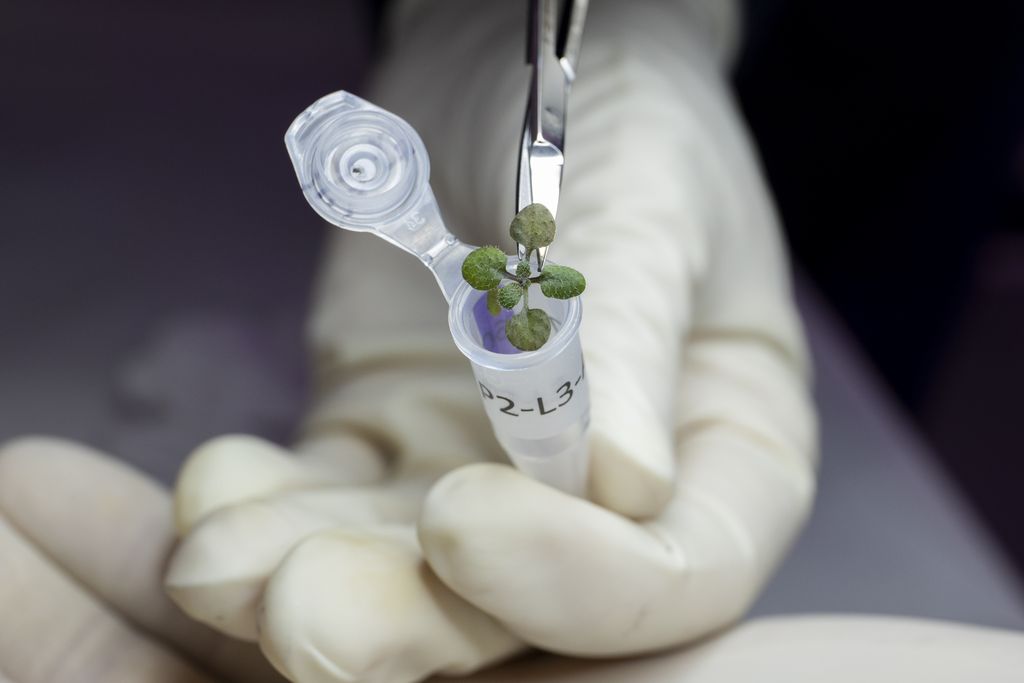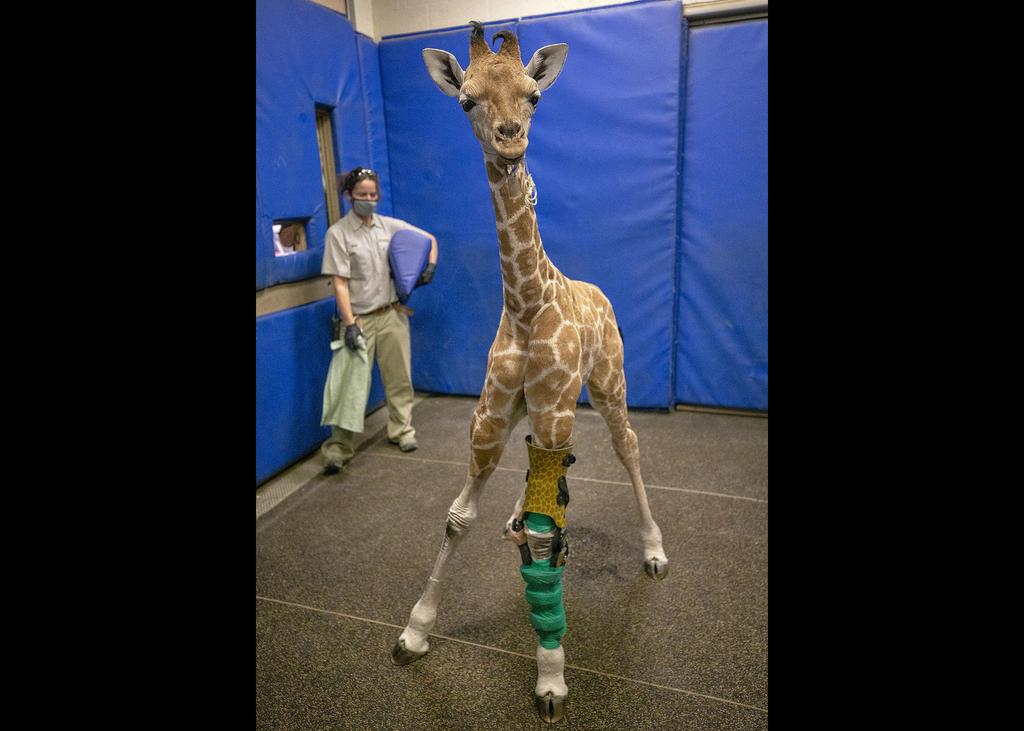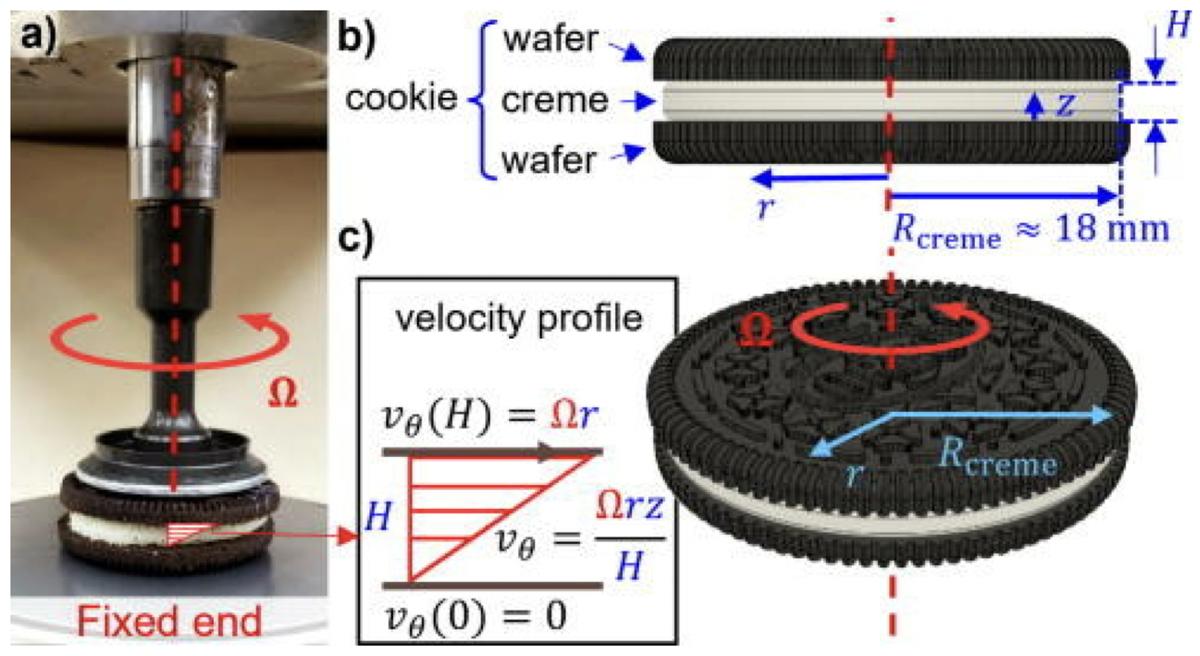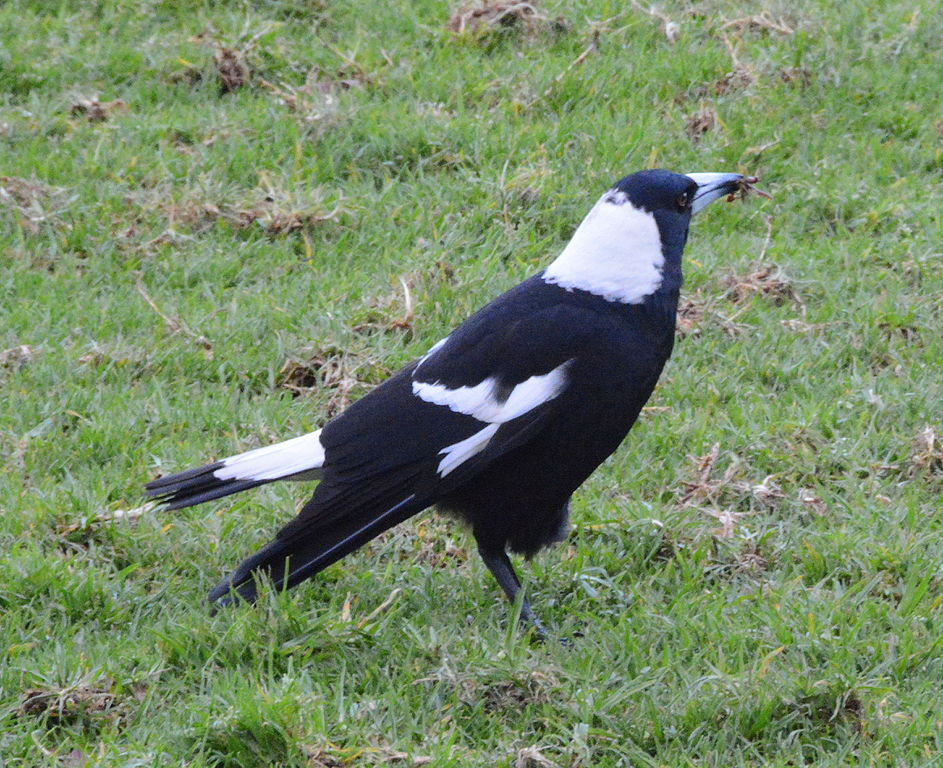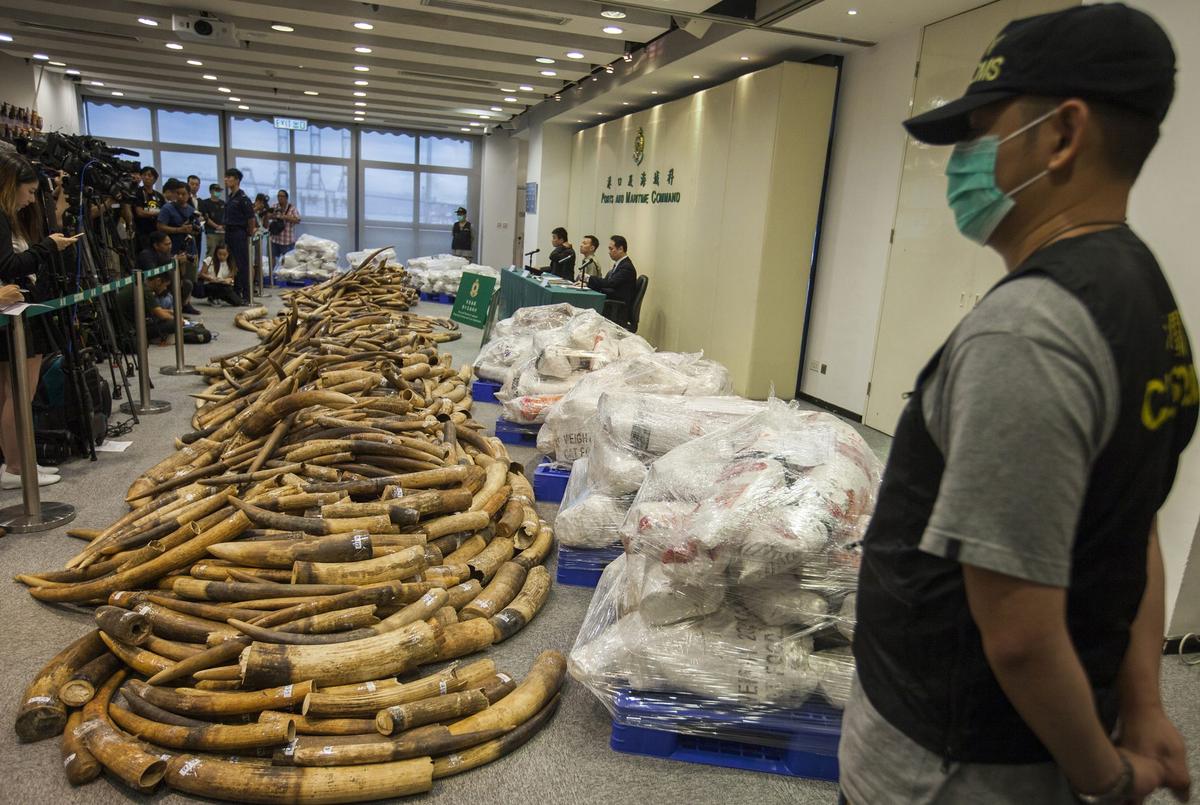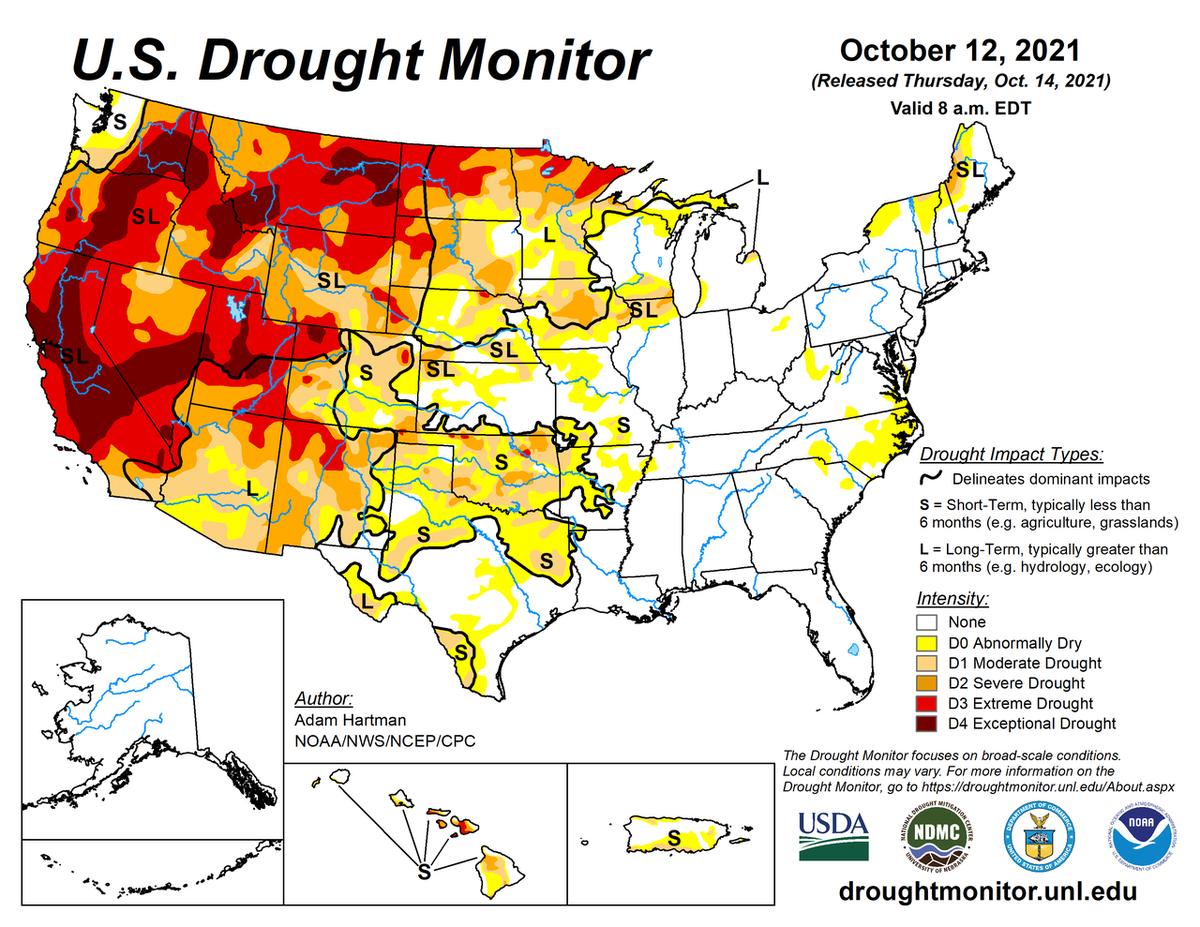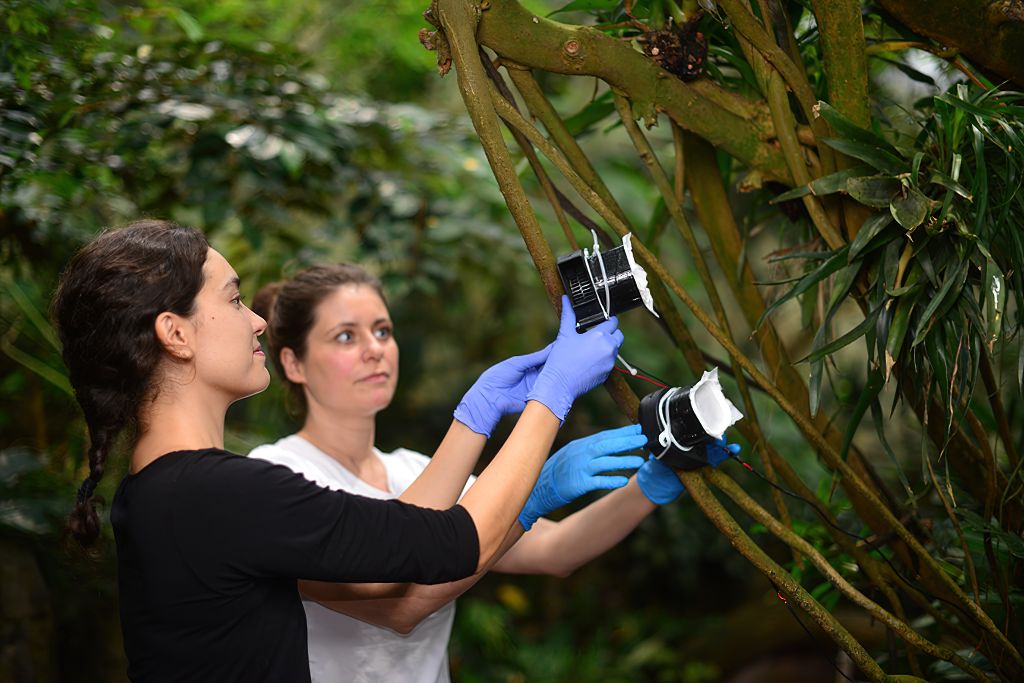Scientists at the University of Florida have grown plants in soil that came from the Moon. The plants didn't grow as well as those grown in dirt from Earth, but the experiment marks an important step toward growing plants on the Moon.
Posts tagged as “scientists”
When Msituni was born, zoo keepers were worried the baby giraffe might die. Her front legs bent the wrong way, making standing nearly impossible. Now, thanks to special braces, she's healthy and playing with other giraffes.
Scientists have long believed that there was a black hole in the center of our galaxy. Last Thursday, scientists released the first image ever made of this black hole. The scientists hope the image will help them learn more about black holes and gravity.
Scientists at the Massachusetts Institute of Technology have released a study on a subject they call Oreology - how Oreo cookies twist apart. The study's results show that the Oreo's white cream almost always winds up stuck to just one side of the cookie.
Since early April, climate protesters have blocked roads, buildings, and oil storage areas. The protests are meant to bring attention to the climate crisis. The protests have made the news, but it's not clear if they're changing people's minds.
In early April, a United Nations climate group released a 3,000 page report on climate change. The report details actions that must be taken quickly to avoid the worst effects of the crisis. As one of the report's authors put it, "It's now or never."
Science experiments don't always go as planned, but that doesn't mean you can't learn from them. Recently, Australian scientists learned something unexpected about magpies when they tried to attach trackers to them to learn more about their habits.
For years, the number of Western monarch butterflies has been dropping. Last year, there was a surprising increase in monarch numbers. Now, scientists want people in the western US to help out by sending in any pictures of monarchs they take this spring.
Every year, as many as 50,000 elephants in Africa are killed illegally for their ivory tusks. Now scientists have improved DNA methods that allow them to match up tusks, and help track down criminal gangs that are selling the ivory.
The Western United States has been struggling with a serious drought for years. A new study shows that this "megadrought" is the most serious dry period to hit the area in 1,200 years. The report makes it clear that climate change has made the drought worse.
Scientists have come up with a new way of identifying animals in an area - by testing DNA sucked out of the air. The researchers believe their new method could help scientists keep track of animals that are hard to spot, including endangered animals.

